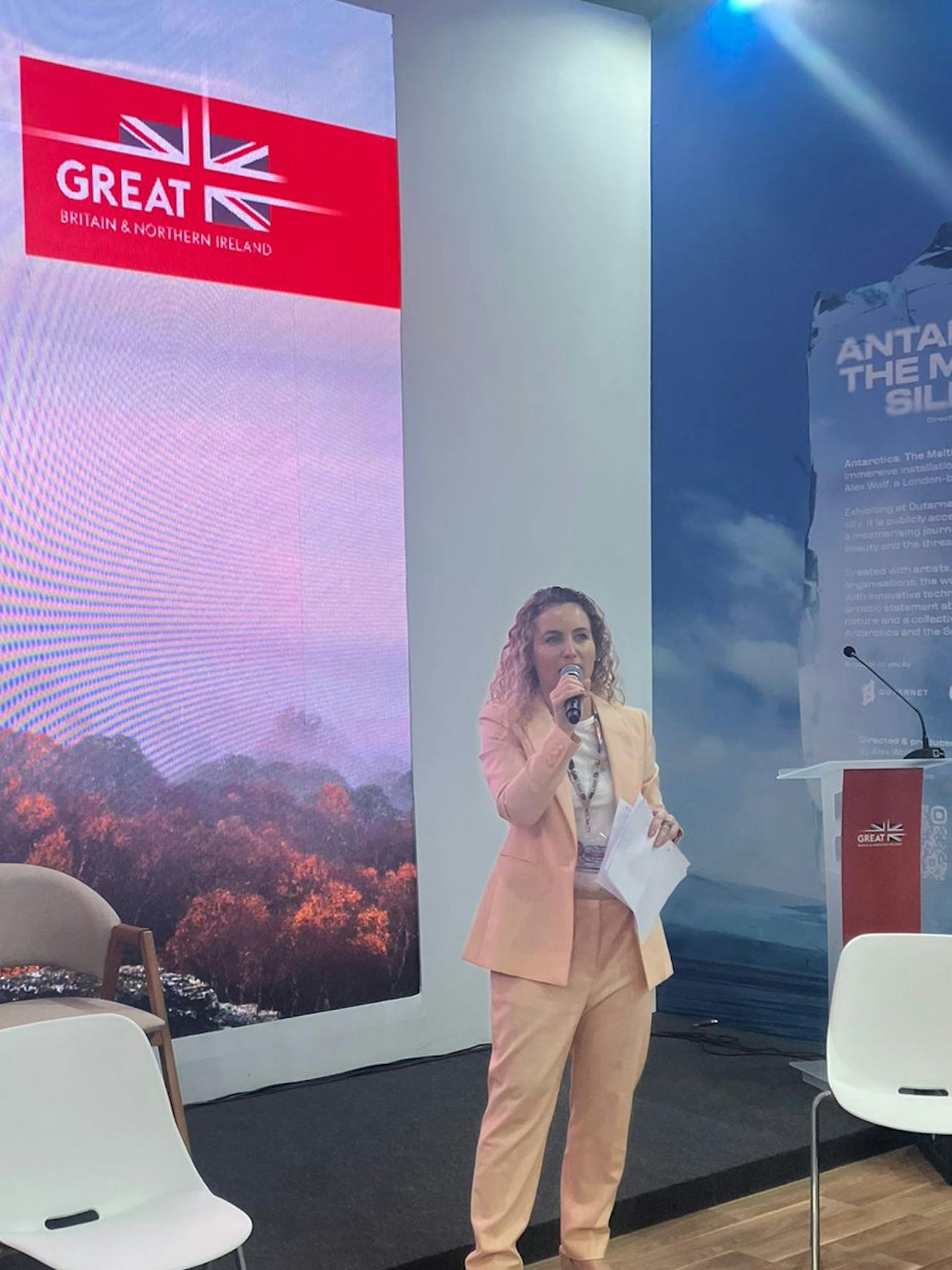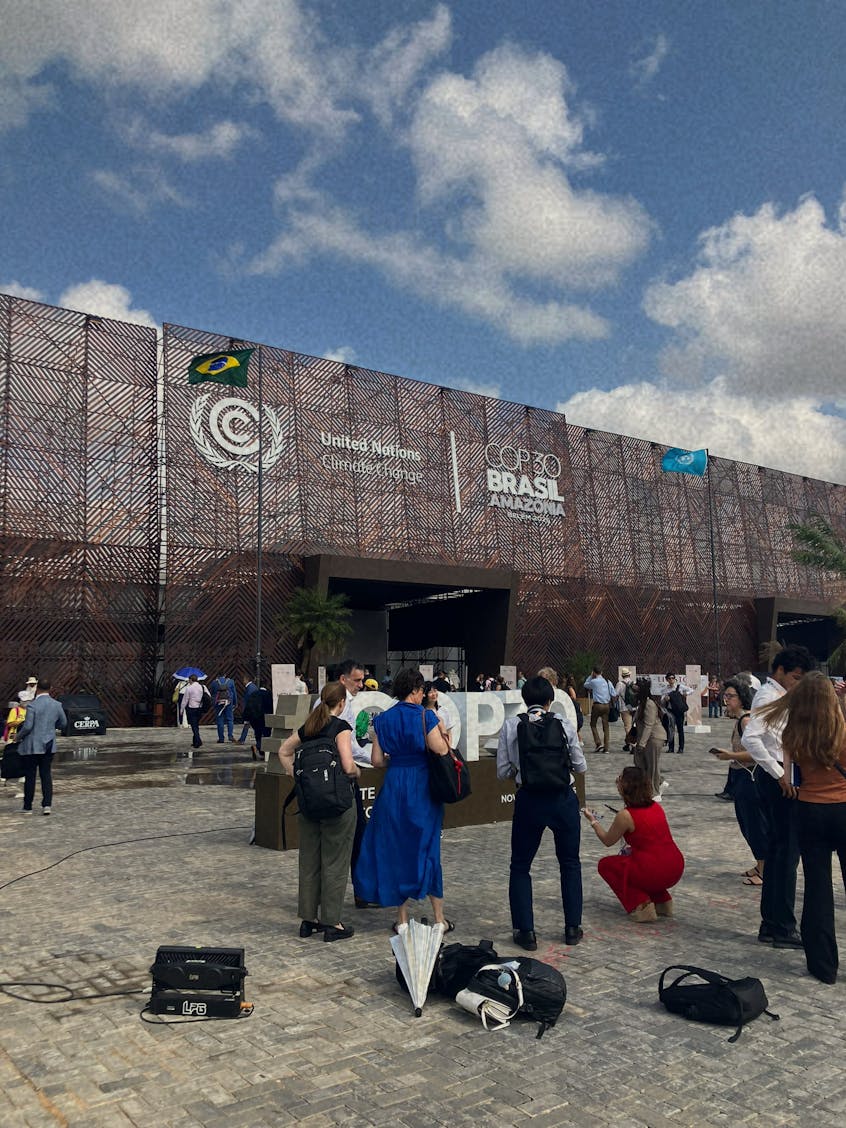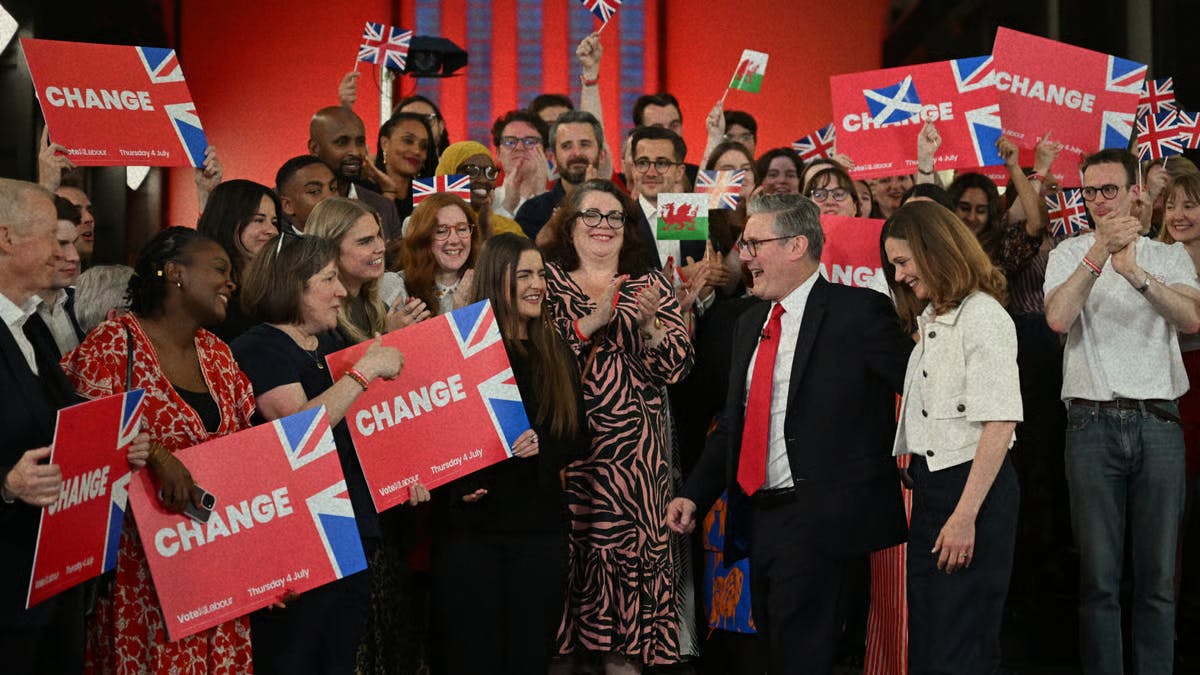I’ve just returned from Belém in Brazil, where I was representing LCEF and supporting a cross-party delegation of UK MPs at COP30. Over recent months I’ve been building LCEF’s international work, and this trip felt like a moment where many threads of this work came together: the political challenges of shifting geopolitics, the relationship between climate action and justice at home and abroad, and the realities of defining and re-defining the UK’s role on the world stage.

Our delegation met with an extraordinary range of organisations and leaders: the Centre for American Progress, Senator Sheldon Whitehouse, CAFOD, the V20 group of climate-vulnerable nations, and the Environmental Justice Foundation team working in the Pantanal and on wetland protection more broadly. We also spent time with Bangladeshi organisations grappling with climate-driven migration and displacement. Alongside this, we connected with UK colleagues: Climate Minister Katie White, our Climate and Nature Envoys Rachel Kyte and Ruth Davies, and representatives from ZSL and the CBI; all of whom are deeply involved in shaping the UK’s international climate contribution.

Being in Belém was at times frustrating and difficult. But seeing the scale of the operation and the effort required to facilitate these negotiations helped to explain why this was. It drove home to me something that I felt less keenly when observing previous COPs from the UK: the messiness and chaos of global climate diplomacy is not a kink that needs to be worked out of the system, but is inherent to the process.
When almost every country in the world is represented, chaos will always be present. It is the price of everyone having a seat at the table, and a voice in the discussions, and this is the only way to deliver fair and just outcomes for everyone.
While the UK had hoped to push ambition further this year, we should not underestimate the wins that were had in Brazil. Securing agreement from 192 countries to reaffirm their commitment to multilateralism, the Paris Agreement and the imperative of keeping global heating to 1.5°C was far from inevitable. Being in Belém showed me how hard fought those wins were, and how much ambition worldwide was required to achieve them.
The message emerging from Belém was clear: whilst we face determined opposition and we are racing against time, the vast majority of the world continues to believe in collective action. Multilateralism has its frustrations, but it remains our strongest and most credible tool. Those seeking to stall or reverse progress are not winning the argument; momentum is not on their side.
Whilst preparing for COP30 I did not expect to come out of the experience feeling hopeful, when so many of the issues feel insurmountable, and when other recent international negotiations have stalled. But, coming out the other side of it I feel more hopeful than ever, and more convinced that international cooperation is the only way we can confront the climate crisis and deliver solutions that are just and fair.





